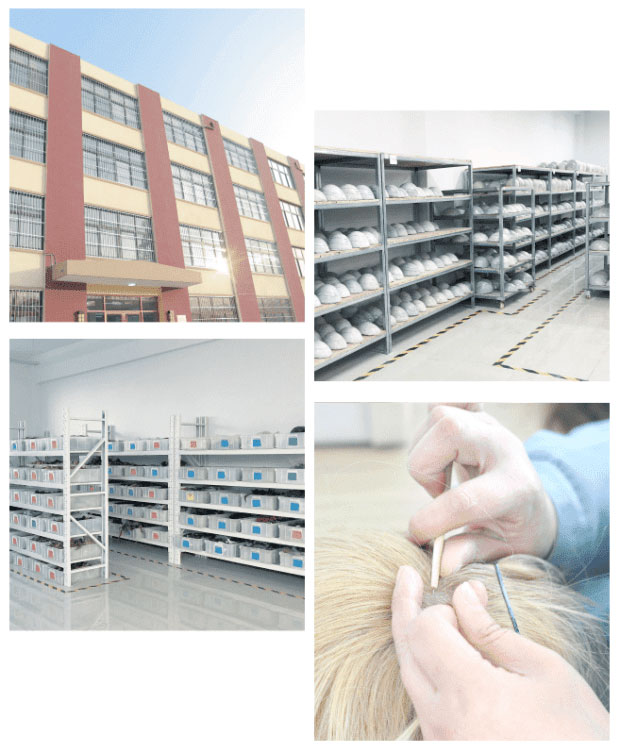35% Off Clip-In Extensions
Get longer, fuller hair for less with up to 35% off clip-in hair extensions!
Shop Now

30+ Years Of Experiences

500+ Salons Are Using

65K+ Customers Has Use

100% Virgin Hair

Awen Hair brings extensive expertise in manufacturing and supplying premium human hair extensions for both men and women. As a leading factory, we specialize in creating high-quality human hair extensions. Whatever your customers’ needs may be, you’ll find the perfect hair solutions right here. Our in-house manufacturing ensures competitive pricing without compromising on quality, allowing you to offer the best to your clients.

With our in-house hair extensions factory, we have full control over the consistency and quality of our stock and custom-made extensions.

We provide competitive factory prices, ensuring that you receive high-quality hair extensions at affordable rates, directly from our manufacturing facility.

We offer reliable shipping options worldwide, ensuring that your orders reach you quickly and safely, no matter where you are located.

Our dedicated support team is here to assist you every step of the way, offering prompt responses and the best solutions for your needs.

We offer tailored customization options for our hair extensions, allowing you to personalize each product to precisely meet your customers’ unique needs.

We prioritize your security with safe payment options, ensuring that your transactions are protected and your information remains confidential.
We love to help. Whether it’s finding the right color, method, look, or something else, we’ve got you.
01
GET IN TOUCH
Please get in touch with our sales team via email, WhatsApp, social media, or via contact forms to inform us of your hair system requirements.
02
ORDER STOCK PRODUCTS
Select desired product on Awenhair hair replacement website. On the product page, choose preferred color, length, specifications if applicable. Click “Add to Cart” to add product.
03
ORDER CUSTOM HAIR SYSTEMS
Once the desired customized product is identified, contact Awen Hair via website or provided information. Inquire about custom order, specifying desired hair color, length, and other requirements.
04
PAYMENT &CHECK OUT
After confirming the details, proceed with the payment. Awen Hair may accept various payment methods, such as credit cards, Western Union, PayPal, Money Gram and bank transfer.
05
CONFIRMATION AND PRODUCTION
Our sales team will double-check all order details before delivery or production to ensure accuracy. Stock toupees and wigs can be shipped within 24 working hours. Custom-made hair replacement systems usually require 1-2 weeks for production.
06
PACKAGING & DELIVERY
We will package the hair replacement systems as requested and deliver it via FedEx, DHL, UPS, TNT or EMS. It will take about 3-5 working days for delivery. If you have any special requirements, please let us know in advance.
As a factory supplying human hair extensions, we always strive to exceed our customers’ expectations
and provide them with the best available hair replacement solutions.
